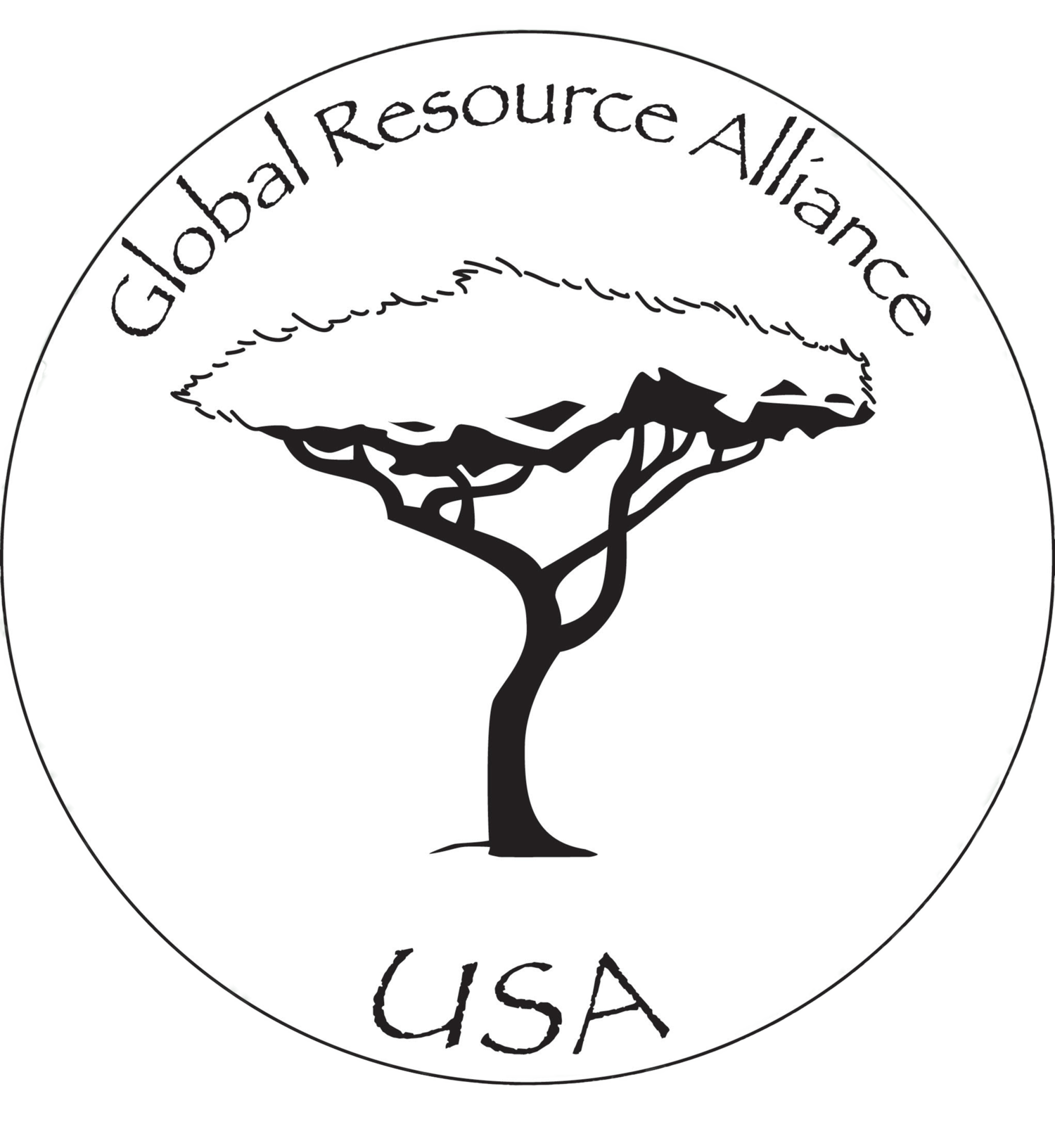What We Did in 2019
Tree Planting
In collaboration with Belgian NGO, WeForest, we distributed more than 300,000 trees for carbon offset, economic opportunity and to support local communities. This brings the total number of trees planted since inception of the project in 2011 to over 1 million trees. In December, we received an order of 300,000 more trees to be planted in the Spring of 2020 and the team has prepared the nurseries to fulfill this order.
In the Fall of 2019, we decided to expand and create a new nursery in Butiama District to be able to fulfill the increased demand for trees. Both nurseries, Kinesi and Butiama, have been operating very well as we doubled the staff with one trainer, 8 workers, a supervisor, two guards and a cook in each nursery. The nurseries are providing trees to the seven districts of the Mara Region: Tarime, Musoma Rural, Musoma Urban, Butiama, Rorya, Serengeti and Bunda. We planted seeds of 45 different tree varieties in each nursery including fruit, medicinal, timber, ornamental, fencing and nitrogen fixing trees.
On Oct 4th, we held an inaugural ceremony for the Butiama nursery. More than 200 people participated in the ceremony. The guest of honor was the Butiama District Commissioner, Anna Rose Nyamubi, who came with several members of her staff: the District Forester Officer, District Environmental Officer, District Developmental Officer and the Butiama District Chairperson. The event was covered by 7 journalists from magazines, newspapers and TV.
We are in the process of re-evaluating the tree planting project with Weforest with the expectation that we will be able to expand our capacity for next year and the years to follow.
We have reforested the equivalent of about 2,500 acres of land and served over 3,000 customers since 2011. These trees will sequester about 24,000 tons of CO2 each year.
Fuel Efficient Cook Stoves
Total sales of the award winning Eco-Zoom fuel efficient charcoal cook stove have increased to 449. Each stove reduces the amount of CO2 produced by about 75% over traditional cook stoves - the equivalent of driving an SUV 7,500 miles on an annual basis. They also reduce toxic emissions by about 50%, helping to reduce the number one killer of children under 5 in Sub-Saharan Africa, indoor air pollution.
The greatest challenge distributing these stoves is their high price compared to traditional stoves. We’ve been selling them at a little below our cost of approximately $40 each through microfinance groups, but are looking for funding that will enable us to sell them for about half that price. Each family in the Musoma orphans program was given a new stove for free.
Permaculture
In 2018, after a meeting with guardians, we offered each family to take a part of the 8 acres plot provided by the Village Council to be used to support families living with orphans in Kinesi Village in order to grow their own food. GRA provides water, compost and seeds. The project is working very well, and in 2019, 14 of the families were growing their own organic food to sell or to bring home during the rainy seasons.
This plot grows hundreds of trees for food, lumber, habitat, staple foods like corn, beans, sweet potatoes, sorghum, cassava, peanuts and a variety of vegetables and plants for medicinal purposes.
Herbal Remedies
Continued to grow, process and sell herbal products at affordable prices to over 500 customers for all types of tropical diseases including malaria, typhoid, parasites, yellow fever, amoebas and tuberculosis. We also continued to produce and distribute a superfood made of moringa and amaranthus that greatly enhances the wellbeing of people suffering from malnutrition or living with HIV/AIDS and other chronic conditions.
Provided free remedies for over 150 people most in need like orphans, elders and the poorest of the poor. GRA herbalist Lucy Ndege also offered consultations for those in need.
Support for Orphans
Completed the 16th consecutive year of the Tumaini kwa Watoto (Care for the Children) program that provides 65 orphans living with their extended families in the Musoma area with food, healthcare, school supplies, school fees for secondary school students, vocational training and colleague fees, uniforms, shoes, clothes and weekly activities at the GRA-Tz office compound.
Continued support for 77 families caring for orphans in Kinesi Village. The program provides supplemental food, clothes, health care, school fees, vocational training and colleague fees for those that achieve that level of education as well as other supplies. About 14 of the families produce their own organic food at the two GRA-Tz permaculture plots.
Continued to provide heath care coverage for all children and their guardians in our two programs via a government program that provides health care IDs for disadvantaged citizens.
Provided after-school English, math and science for the kids in the program several days a week both in Musoma town and Kinesi Village. These classes are helping our students to be better prepared for their national exams and have a better chance to qualify for further education.
Provided continuing scholarships for all 32 of the kids from the two orphans programs now enrolled in vocational trainings, colleges and universities.
Fiscal Sponsorships
GRA was asked to serve as fiscal sponsor for two international organizations this year – Jane Goodall Foundation of Nepal for a campaign against the slaughter of animals and New Beginnings Charitable Trust in Andhra Pradesh, India for programs serving “untouchable” women and children in rural villages.





